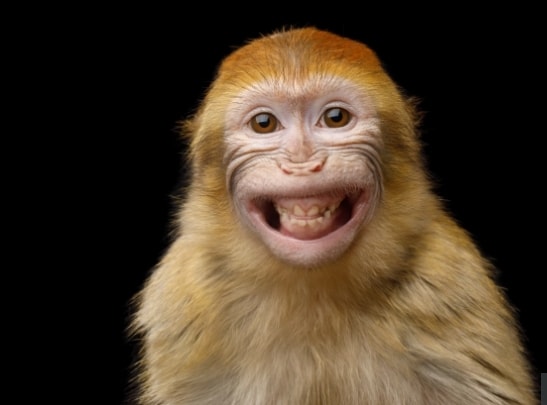
Monkey embryos containing human cells have been made in a laboratory, a study has confirmed.
The research, by a US-Chinese team, has sparked fresh debate into the ethics of such experiments. The scientists injected human stem cells – cells that have the ability to develop into many different body tissues – into macaque embryos.
The developing embryos were studied for up to 20 days.
Other so-called mixed-species embryos, or chimeras, have been produced in the past, with human cells implanted into sheep and pig embryos.
The scientists were led by Prof Juan Carlos Izpisua Belmonte of the Salk Institute in the US, who, in 2017, helped make the first human-pig hybrid.
Their work could pave the way in addressing the severe shortage in transplantable organs as well as help understand more about early human development, disease progression and ageing, he said.
“These chimeric approaches could be really very useful for advancing biomedical research not just at the very earliest stage of life, but also the latest stage of life.”
He maintained that the study, published in the journal Cell, had […]










Presaging Cayce’s “things”…
This is what has officially been acknowledged what is/has been going on for years in secret? Human arrogance is boundless so you can be sure that really, really smart people are mucking about with things for fun and profit.